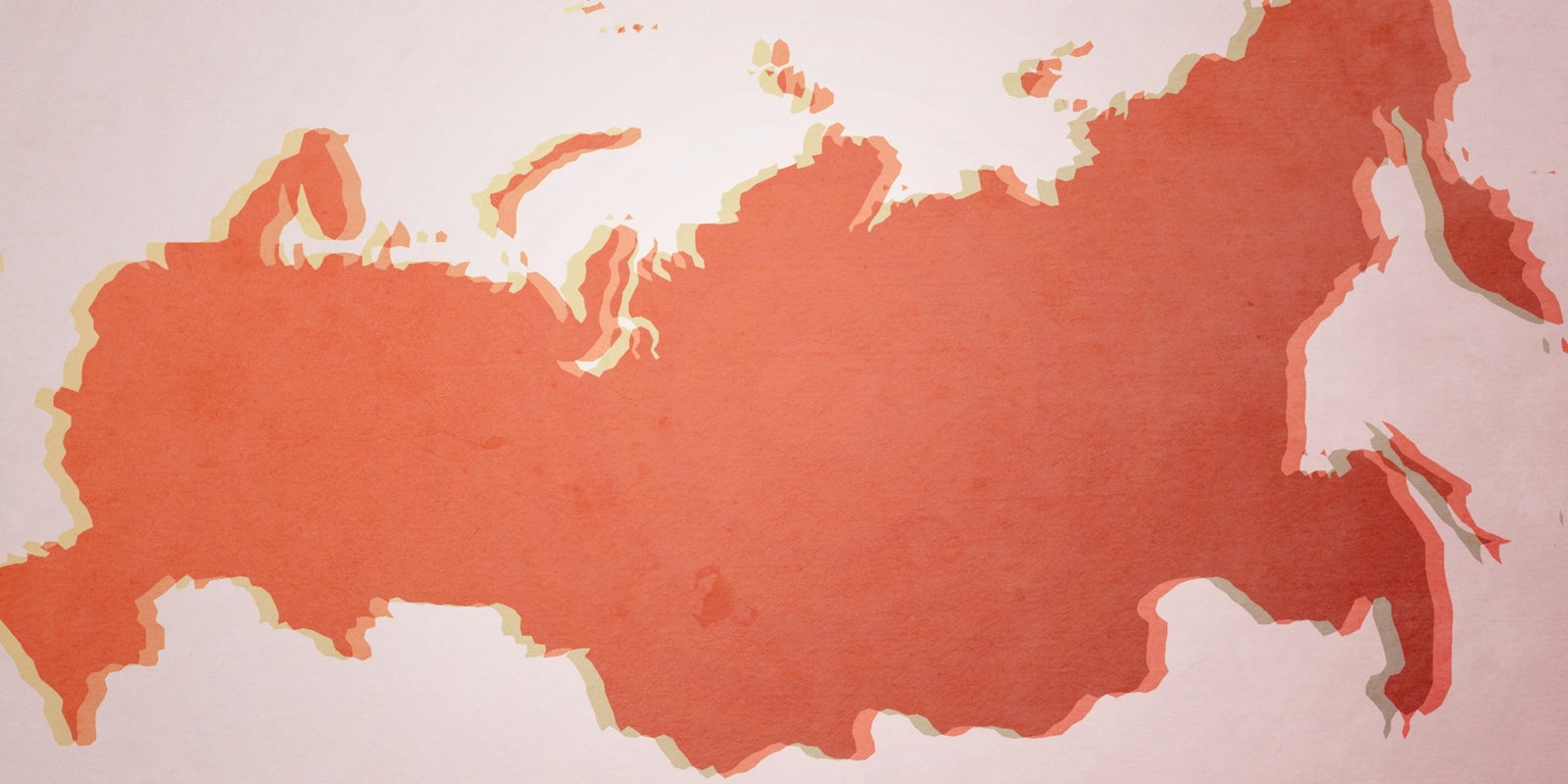Russia’s long war in Ukraine has been relatively quiet of late, but a newly unveiled British Army report has pointed spotlights on the conflict once again to reveal a sophisticated battle.
The document pinpoints how Moscow’s military allegedly used a mix of high technology and striking creativity to wage war in Ukraine, rehearse for fighting with the West, and even surpass British troops in the battlefield.
“In the unlikely event of a direct confrontation between NATO and RUS [Russia], we must acknowledge that RUS currently has a significant capability edge over U.K. force elements,” the paper read, according to the Times of London.
After a dramatic decline following the fall of the Soviet Union, Russia has spent the last decade rapidly growing their fighting power by mixing old-fashioned conventional weapons with some of the 21st century’s most devastating and innovative battlefield ideas: cyberwar, propaganda, psychological war, and more. The approach is commonly called “hybrid warfare.”
In Ukraine, the British report alleges that Russians used mass text messaging to sow chaos in communities where fighting was about to break out. They reportedly used acoustic locators to find hiding snipers; hacked the GPS of enemy troops, getting them lost on the way to the fight; and used civilians in efforts to intercept enemy communications.
By the middle of the last decade, the U.S. waged cyberwar against Iraqi and Afghani insurgents. Israel was accused of the same in a conflict with Syria. They also hacked Hezbollah television during war in Lebanon.
The 2008 conflict between Russia and Georgia was unprecedented in the scale of cyberwar. Attacks on dozens of websites owned by Georgian government, finance, and communications institutions began before the fighting and led to chaos and confusion once the ground war truly broke out. Hackers accessed and stole military and political intelligence from Georgian networks, while Georgia’s own hackers were hamstrung by denial-of-service attacks against their community websites to prevent counter-attacks.
These tactics are increasingly common around the world and, as cyberwar rapidly evolves, hackers become more potent. But Russia is one of the most effective and innovative forces in cyberspace—U.S. authorities claim the Kremlin was behind the recent hack of the Democratic National Committee, for example—occupying a tier of power and action not too far from the United States, another cyber superpower that can throw its weight around the world through the internet.
Update 1:50pm CT, Aug. 11: Added additional context regarding U.S.-waged cyberattacks and Russian conflicts.
H/T Telegraph
